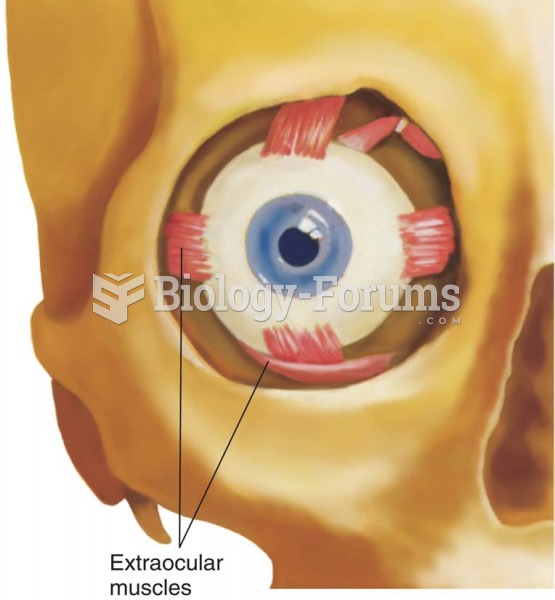|
|
|
In 2006, a generic antinausea drug named ondansetron was approved. It is used to stop nausea and vomiting associated with surgery, chemotherapy, and radiation therapy.
The use of salicylates dates back 2,500 years to Hippocrates's recommendation of willow bark (from which a salicylate is derived) as an aid to the pains of childbirth. However, overdosage of salicylates can harm body fluids, electrolytes, the CNS, the GI tract, the ears, the lungs, the blood, the liver, and the kidneys and cause coma or death.
There are approximately 3 million unintended pregnancies in the United States each year.
The most common treatment options for addiction include psychotherapy, support groups, and individual counseling.
People with high total cholesterol have about two times the risk for heart disease as people with ideal levels.







